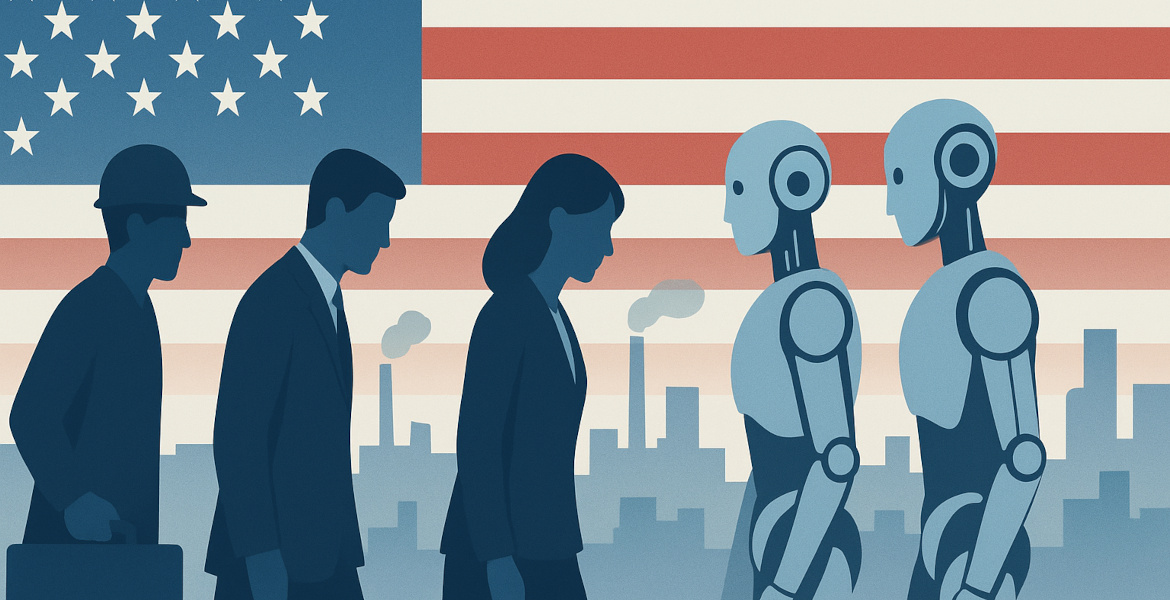Share prices for a range of vaccine manufacturers and pharmaceutical companies around the world fell sharply on Friday.
The reason is widespread concern about what Trump's nomination of vaccine critic Robert F. Kennedy Jr. as secretary of health could mean for the historically lucrative sector.
Kennedy has vowed to crack down on Big Pharma and wants vaccines to be voluntary, safe and properly tested - and to fight corruption and powerful special interests in US public health.
Today, he says, no one knows exactly how dangerous vaccines are or whether they even prevent more problems than they cause. Kennedy also believes that not a single vaccine in the US vaccine program has been tested thoroughly enough to safely assess its risks and benefits.
The news that Trump has nominated RFK as the new Secretary of Health and Human Services was thus not received positively by industry players and in the US, shares in Pfizer fell by more than 4%, Moderna by about 7% and Astra Zeneca and GSK by more than 3% on Friday.
RFK jr.: We want to make sure vaccines are actually safe.
Vaccine investors: pic.twitter.com/da0ihKNAPJ
— Luiz (@_APWK_) November 15, 2024
According to Russ Mould, director at investment platform AJ Bell, the election has “spooked” many of the pharmaceutical companies' shareholders and led to concerns about the future of the companies if Kennedy's nomination goes through.
– The impact on the sector is hard to judge fully at this stage but, at the very least, it will cause a good deal of uncertainty, he says.
Wants to see a number of changes
If Kennedy becomes the new health secretary, he would head a large and well-resourced agency that oversees everything from food safety to medical research and national health programs – including mass vaccination programs.
Kennedy has also called for more restrictions and bans on chemicals and dyes in food, the removal of ultra-processed foods from school lunches, and for pharmaceutical companies to be forced to be more transparent and share more information about their products than they do today.
The pharmaceutical industry is also concerned that with Trump as president, there will be less money to be made in the US market – as the president-elect wants to make it easier to import medicines from Canada.
"Have to wait and see"
Danish vaccine maker Bavarian Nordic's shares fell more than 15% on Friday but its CEO Paul Chaplin is urging shareholders to wait and see what changes Trump's presidency will bring to the industry.
He points out that during Donald Trump's first term, the company's smallpox and monkeypox vaccine business actually benefited and that it's hard to say what will happen this time.
– It is too early to say and we have to wait and see how things develop.
Danish Novo Nordisk and French Sanofi also fell sharply on Friday, with their shares dropping by just over five percent and just over three percent respectively.




